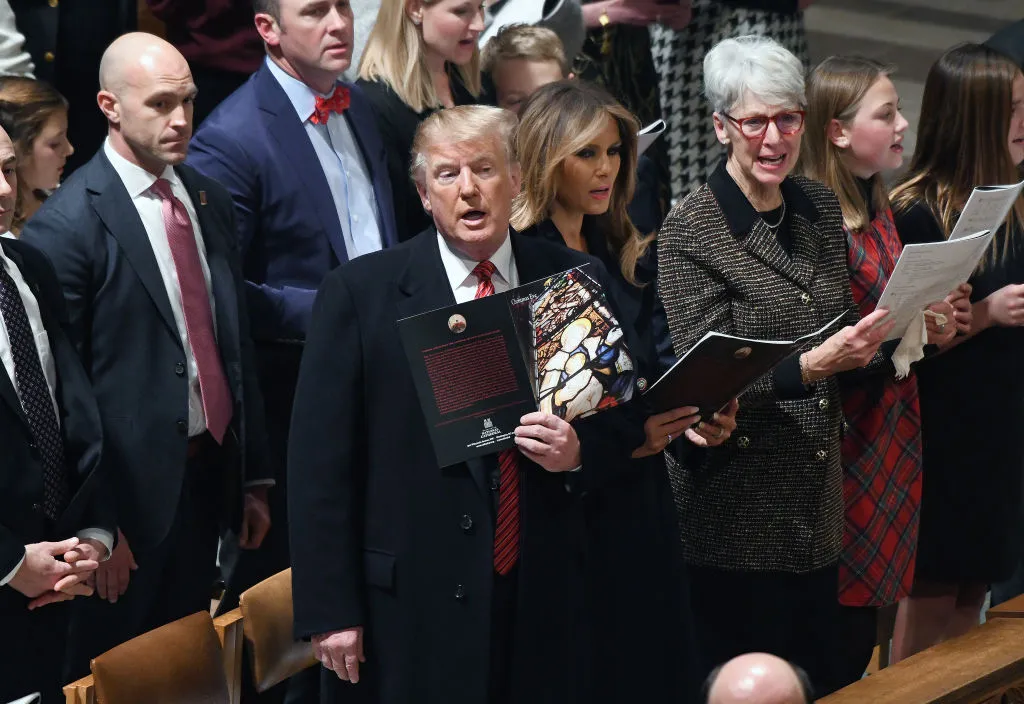Trump's Faith: A Complicated Religious Portrait

Throughout his political career, Donald Trump has masterfully cultivated relationships with prominent evangelical leaders, strategically aligning himself with their influential base. Yet, beneath the surface of these carefully crafted alliances, a deeper question lingers: What is Trump's genuine religious identity?
Trump's approach to religion has been notably pragmatic, often appearing more transactional than deeply spiritual. He has consistently courted evangelical support, leveraging their political influence while simultaneously raising eyebrows about the authenticity of his own religious convictions. His ability to win over religious conservatives, despite a personal history that seemingly contradicts traditional Christian values, remains a fascinating political phenomenon.
While Trump frequently references faith and has been photographed with prominent religious figures, his personal religious practice remains somewhat ambiguous. His interactions with evangelical leaders seem more calculated than genuinely devout, suggesting a strategic approach to religious engagement that prioritizes political advantage over personal spiritual commitment.
The complexity of Trump's religious identity continues to intrigue political observers and religious scholars alike, highlighting the nuanced intersection of personal belief, political strategy, and public perception.

